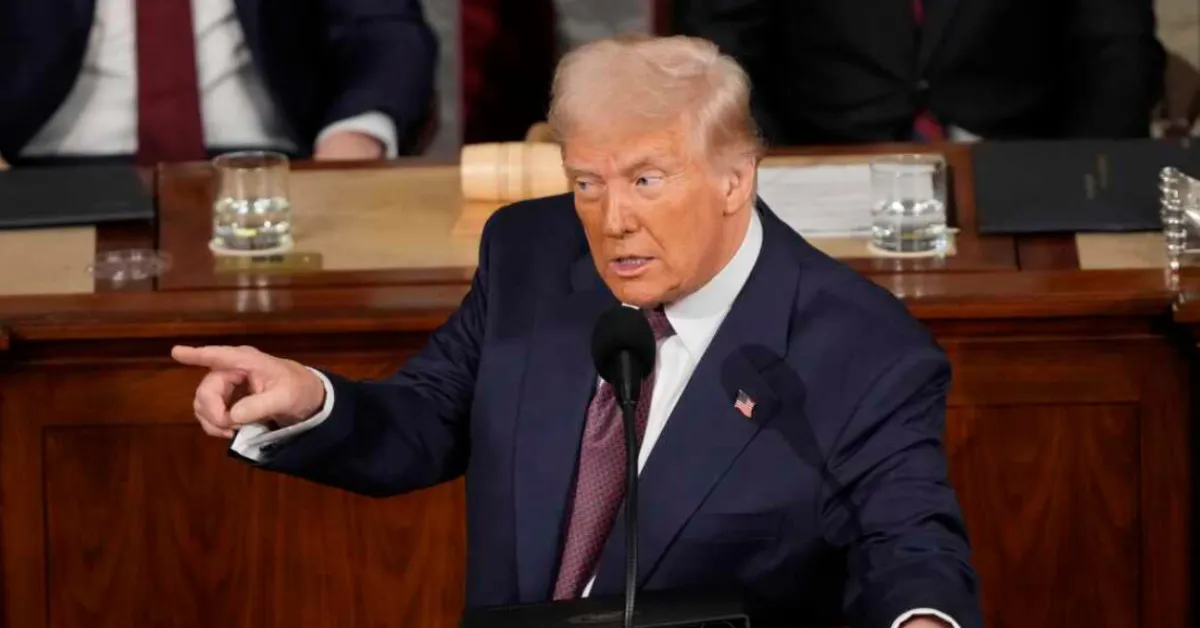Trump Tariffs Threaten 180,000 Kenyan Jobs in Export Sectors

Kenya's export sector, particularly textiles and agriculture, is bracing for significant challenges following the imposition of a 10% tariff on Kenyan goods by the United States, effective last Wednesday.
The move threatens an industry employing approximately 180,000 Kenyans, both directly and indirectly. Previously, Kenya enjoyed duty-free access to the US market under the African Growth and Opportunity Act (Agoa). Last year, Kenyan exports to the US totalled KSh 95 billion ($737.3 million), marking a 17.5% decrease from the $894 million recorded in 2023. The new tariff risks diminishing the competitiveness of key Kenyan exports such as textiles, tea, coffee, fruits, and flowers, potentially leading to reduced demand and altered trade dynamics.
According to Kenya's State Department for Trade, 39 factories operating within export processing zones (EPZs) rely on Agoa for exports to the US, providing employment for over 82,000 people. The Kenya Association of Manufacturers (KAM) estimates that an additional 100,000 indirect jobs are supported along related supply chains. Kenya's Trade Principal Secretary, Dr Juma Mukhwana, highlights the considerable risk to Kenya's trade advantage, especially if tariffs negate Agoa's benefits.
He also points out that the uncertainty surrounding Agoa's potential renewal or cancellation further complicates the situation. The apparel and textile sectors, accounting for 72% (KSh 68.7 billion) of Kenyan exports to the US last year, are particularly at risk. A potential reduction in demand for Kenyan agricultural exports, including coffee and flowers, could worsen the economic impact. The government has responded by initiating efforts to bolster domestic cotton production, aiming to strengthen fabric supply and support export-oriented factories.
KAM Chief Executive Tobias Alando expresses concerns regarding existing contracts predicated on duty-free access under Agoa. Absorbing the added tariff costs could erode the competitive edge Kenyan manufacturers have enjoyed, potentially leading to broader economic consequences. The tariff also exacerbates concerns about Kenya’s trade deficit with the US, which stood at KSh 5.8 billion last year. In response, the Kenya Chamber of Commerce and Industry (KNCCI) has called for a reassessment of Kenya’s economic strategy.
KNCCI President Erick Rutto proposes using the disruption as an opportunity to strengthen local industrial capacity, specifically in technology, machinery, and digital innovation. Interestingly, the tea sector sees the situation as an opportunity. East African Tea Trade Association Managing Director George Omuga expressed optimism that Kenya may capitalize on its relatively lower tariff rate, compared to Sri Lanka (44%), China (61%), and India (27%), to expand its market share in the US.
Dr Mukhwana notes that Kenya is exploring alternative strategies, including the Kenya-US Strategic Trade and Investment Partnership, which could potentially replace Agoa. Negotiations for exemptions or favourable terms under the new tariff regime are also underway.














Add new comment